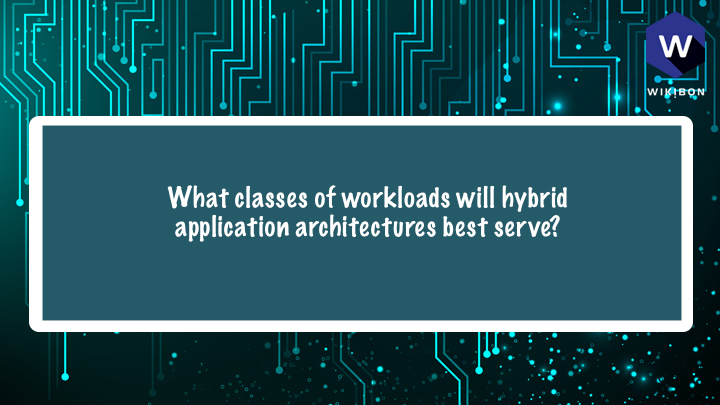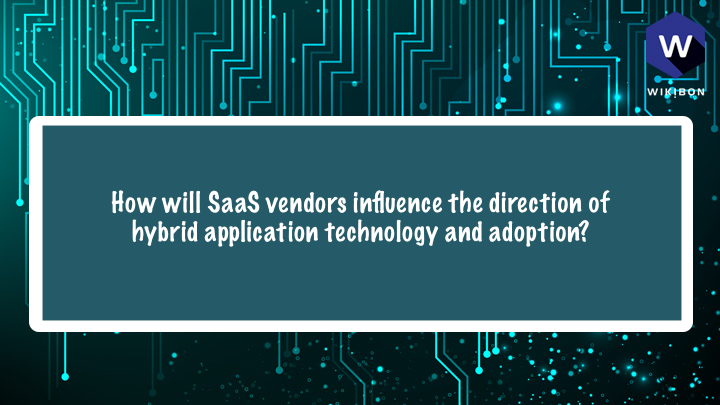
Peter Burris6








As you heard, Wikibon defines “hybrid cloud” as featuring identical and trustworthy technology stacks, multiple locations, pay-as-you go cloud experience, and common control plane. Which cloud vendors best provide that today? https://www.crowdchat.net/s/55qwk

David Floyer
Today three cloud-first architectures have been announced and delivered in beta or more. These are AWS Outposts, Microsoft Azure Stack, and Oracle Cloud-at-Customer.

David Floyer
I would expect other similar architectures to come from SaaS vendors, Alibaba, and specialist cloud operators.

Stuart Miniman
we are further along with multi-cloud options than "True Hybrid" as described in this discussion. AWS position in the market makes them the one to watch, with the VMware partnership very interesting. Microsoft has apps the most places.

jameskobielus
There are at least five vendors in this space: AWS, Microsoft, IBM, Oracle, and VMware. AWS is mostly in the future, pending Outposts GA, ditto VMware. In terms of "best," I'm not sure that any of these provide "identical" IaaS/PaaS across public and private. I'll punt

Bobby Allen
- I would say the combination of AWS and VMware are on track to provide that best hybrid cloud experience today. Azure stack is still maturing and Oracle is pretty far behind. Google / Nutanix may be a player one day but not right now.

David Floyer
VMware has many of the properties required for Hybrid cloud, and I would expect that they will offer and adopt these capabilities soon.

Dave Vellante
@dfloyer I would agree. Cloud at Customer on paper is the closest. I'm not qualified to comment on Azure Stack in depth - Outposts is currently a paper tiger and won't ship until next year - otherwise it's roll-your-own hybrid.

Bobby Allen
- I'm a broken record on this but hybrid would have been much further along if AWS bought Eucalyptus years ago instead of HP.

David Floyer
@ballen_clt Good analysis - I agree. Might add Pivot3 for security applications.











